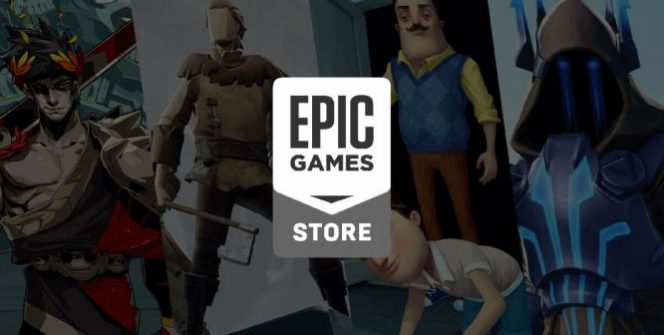Tim Sweeney, the founder and CEO of Epic, wrote in detail on Twitter about how he protects his thoughts and his company’s decisions.
„The whole thesis here is that stores should be free to compete, and gamers and developers should be free to use stores of their choosing, which is exactly what is happening here today. Surely competition between stores is healthy, especially when it results in significant savings for developers (30% vs 12%), which can then be reinvested in future games or passed on to gamers.
Love us or hate us, we are certainly fostering economic competition between stores, out of a firm belief that this will ultimately benefit all developers and gamers. A store can only succeed in overturning the 30% fee precedent if it provides solid reasons for everyone to use it, developers and gamers alike. Free game giveaways, better prices, and exclusives are the big things here.
Compare to how Amazon Prime Video, Netflix, HBO, and others fund unique content to provide reasons to use their services. If everyone offers the same exact selection, then the most established store typically stays dominant for decades.
Is there a consumer right to buy any product in any store of your choosing? Do we have the right to buy a Toyota at a Ford dealer? A Whopper at McDonald’s? No; stores compete on selection as well as price and features. I’ve been following this very closely and understand that people who prefer to buy games on Steam prefer not to deal with a second store. But developers will never escape Steam’s 300% to 500% markup on operating costs if all games are on Steam at equal prices.
Steam has veto power over prices, so if a multi-store developer wishes to sell their game for a lower price on the Epic Games store than Steam, then 1) Valve can simply say „no,” and 2) Pricing disparity would likely anger Steam users, leading to review bombing, etc,” Sweeney wrote.
Previously, he also criticised Microsoft’s Windows Store, and he shared a few thoughts about it as well: „There I am criticizing Microsoft “curtailing users’ freedom to install full-featured PC software, and subverting the rights of developers and publishers to maintain a direct relationship with their customers”, not exclusives. No, I was criticizing Microsoft’s intentions to block competing stores from Windows.”
Sweeney also talked about upcoming functions that the Epic Games Store will get shortly: „We’re investing in lots of interesting things over different time scales, and the longer-term ones will have a lot more opportunity for polish as we build more store and online feature and have longer time spans to collaborate with developers.
We’re working to make the Epic Games store work offline. Launching online-only was the result of our decision to use a dynamic web-based framework to build the store, with the unfortunate side effect that supporting offline requires further work. We’re working on a review system for the Epic Games store based on the existing one in the Unreal Engine marketplace. It will be opt-in by developers. We think this is best because review bombing and other gaming-the-system is a real problem.
[On Steam,] that’s a lot of features, but all of these features together likely don’t cost more than a fraction of a per cent to operate. We’re working to release them because they’re not done. Keep in mind that most developers make less than a 30% profit margin, and are decidedly not okay with stores making more profit from their own games than they do.”
That „any product in any store” thought doesn’t make much sense, because you could get a bottle of Pepsi any supermarket – and Metro: Exodus is not a first-party game, as it’s not developed by Epic. Also, the free to use the store-thought is somewhat against the exclusives, too. Oh well. Let’s digest the Epic-boss’ thoughts…
Forrás: WCCFTech
















Leave a Reply